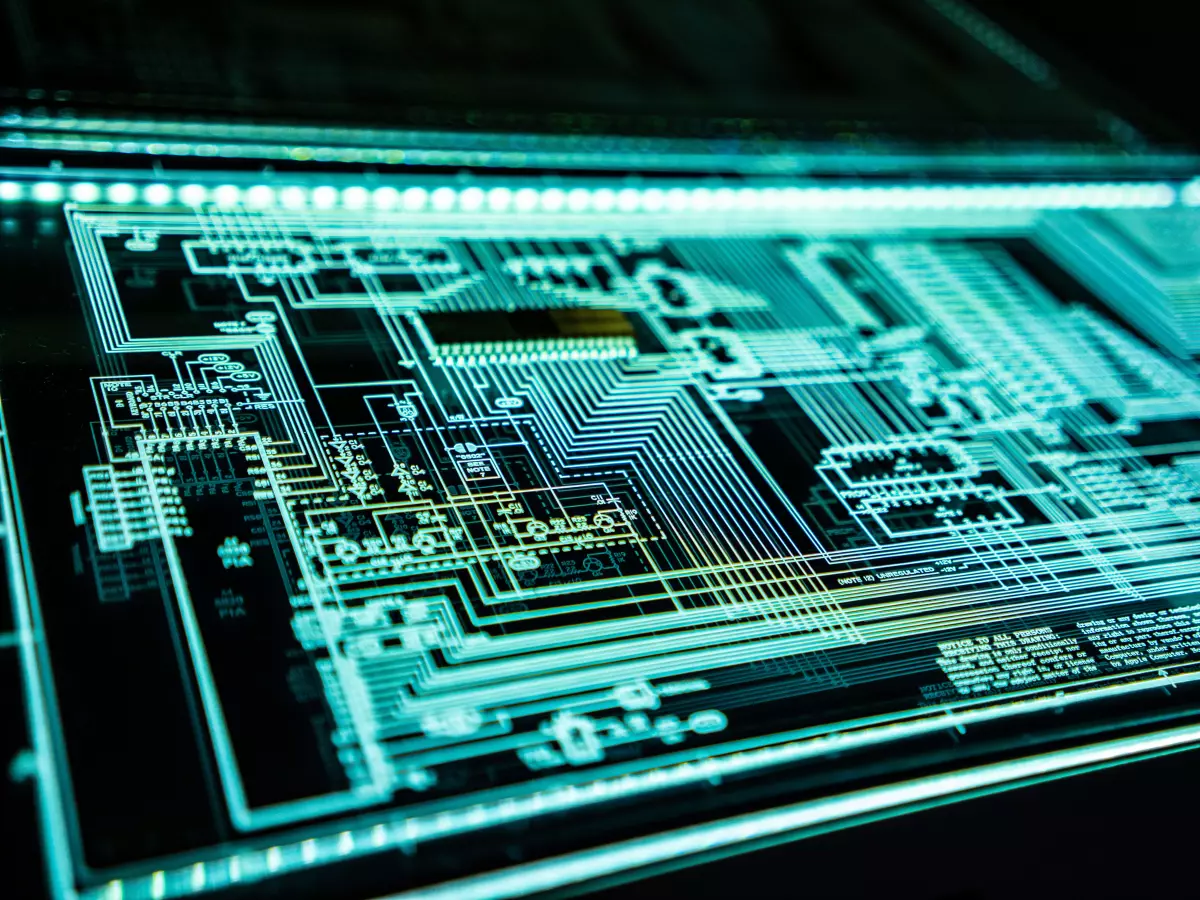AI's Hidden Flaws
What happens when the very tools meant to revolutionize industries start exposing sensitive data? AI platforms, from chatbots to machine learning operations, are facing a serious problem.

By Alex Rivera
Artificial intelligence (AI) platforms have become the backbone of modern businesses, promising efficiency, innovation, and a competitive edge. From chatbots powered by large language models (LLMs) to machine learning operations (MLOps), AI is everywhere. But what happens when these systems, designed to handle vast amounts of data, start leaking sensitive information?
Recent investigations have uncovered multiple vulnerabilities in AI platforms, exposing sensitive data to potential exploitation. These vulnerabilities are not just minor bugs—they’re serious flaws that could lead to data breaches, financial losses, and even reputational damage for companies relying on AI. According to Cyber Security News, these vulnerabilities could allow unauthorized individuals to access confidential information, bypassing security measures that businesses thought were airtight.
Now, let's break it down. Why are AI platforms so vulnerable? Well, for starters, AI systems are incredibly complex. They rely on vast amounts of data to function, and this data often includes sensitive information like customer details, financial records, and proprietary business data. If a hacker finds a way to exploit a vulnerability in the system, they could potentially access all of this information.
One of the key issues is that AI platforms are often treated as 'black boxes.' Businesses use them without fully understanding how they work or the risks involved. This lack of transparency can make it difficult to identify and fix vulnerabilities before they’re exploited. Additionally, many AI systems are built on open-source frameworks, which, while beneficial for innovation, can also introduce security risks if not properly managed.
Why Should You Care?
At this point, you might be wondering, 'Why should I care about AI vulnerabilities?' Well, if you’re a business owner, the answer is simple: your data—and your customers’ data—could be at risk. Even if you’re not directly using AI, chances are that some of the services you rely on are powered by AI in the background. From customer service chatbots to recommendation engines, AI is everywhere, and its vulnerabilities could affect you in ways you might not expect.
For individuals, the risks are equally concerning. If a company’s AI platform is compromised, your personal information could be exposed. This could lead to identity theft, financial fraud, and a whole host of other problems. And the worst part? You might not even know it’s happening until it’s too late.
What Can Be Done?
So, what can businesses and individuals do to protect themselves? First and foremost, businesses need to take AI security seriously. This means conducting regular security audits, staying up-to-date with the latest patches and updates, and working with cybersecurity experts to identify and fix vulnerabilities before they can be exploited.
For individuals, it’s important to be aware of the risks and take steps to protect your personal information. This includes using strong, unique passwords for all your accounts, enabling two-factor authentication wherever possible, and being cautious about the information you share online.
AI is undoubtedly a powerful tool, but like any tool, it can be dangerous if not used properly. By understanding the risks and taking steps to mitigate them, businesses and individuals can continue to benefit from AI without putting their sensitive data at risk.
In the end, the story of AI vulnerabilities is a reminder that even the most advanced technologies are not infallible. As AI continues to evolve, so too must our approach to cybersecurity. After all, in the world of tech, it’s not just about what AI can do—it’s about how we can protect ourselves from what it might accidentally expose.





